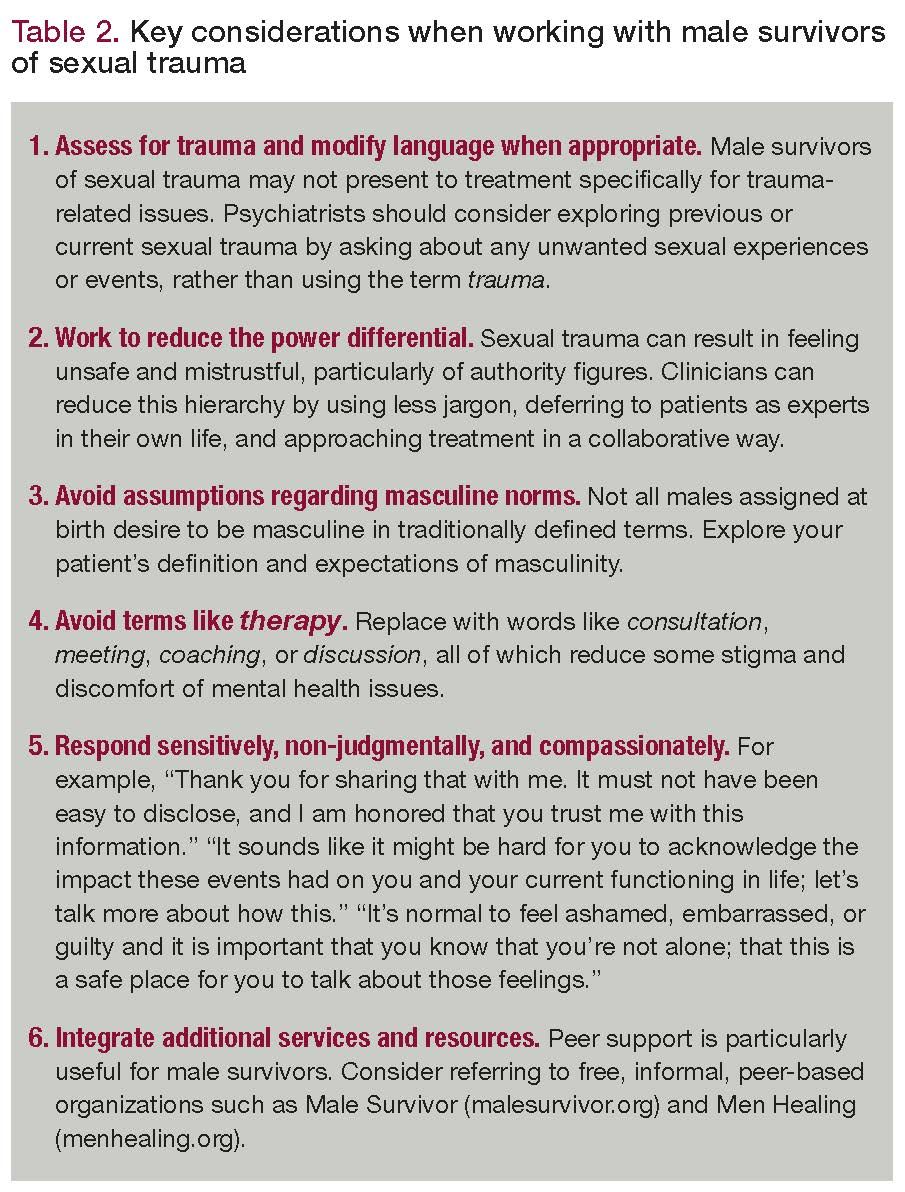Difference Between Molestation And Assault - With the #Metoo and Times Up movements in full swing, it's time to educate yourself. As a society we need to make some big changes in the way we see and treat each other.
Especially when it comes to rape, sexual assault, sexual assault and sexual harassment. But while rape and sexual assault may seem like comparing apples to apples, there are some big differences in the eyes of the law.
Difference Between Molestation And Assault
/cdn.vox-cdn.com/uploads/chorus_asset/file/9965095/shutterstock_766056493.jpg)
If you are charged, you need to know exactly what possible consequences you may face. Even if you are not facing charges, educate yourself to avoid problems in the future.
Kansas City Sexual Abuse Attorney
There is a difference between rape and sexual assault. However, because the two definitions often overlap, it becomes confusing. Especially since the latest news uses rape and sexual assault in exchange.
According to the United States Department of Justice, rape is defined as any sexual relationship or conduct that occurs without the express consent of the recipient. Rape includes sexual activities such as forced intercourse, forced sodomy, child abuse, harassment, intimidation and attempted rape.
However, each state has its own additional specific guidelines that define sexual assault. It is important to know these guidelines, especially if you have been wrongly accused.
The United States Department of Justice's most recent definition of sexual assault now includes all genders and gender identities.
Don't Be Clueless. Learn The Possible Signs Of Child Sexual Abuse
It states that rape is "the penetration of the vagina or anus with any part of the body or object, or the penetration of another person's genitals into the mouth, without the consent of the victim".
According to the National Sexual Violence Resource Center, one in 71 men and one in five women will be sexually assaulted in their lifetime. 81% of women report experiencing significant short- and long-term negative effects such as PTSD after rape. 35% of men report the same experience.
Only 28% of rapes are committed by a stranger. Most victims recognize their sexual assault. 45% of rapes are committed by an acquaintance, while 25% of all rapes are committed by a current or former lover.

Rape always involves a sexual element. Sexual harassment does not always have to involve intercourse or even a sexual element. Let's understand what constitutes sexual harassment.
The Difference Between Sexual Abuse, Assault, & Harassment
There are three types of sexual harassment. The first is sexual harassment. Simply put, this means that if you threaten to fire someone if they don't sleep with you, that's considered quid pro quo harassment. It is the least common of the three types of sexual harassment.
A very common type is unwanted sexual attention. This includes any unwanted touching, kissing, kissing, hugging, rude dating pressure, or sexual behavior. They must be unpleasant and unpleasant for the person on the end of such behavior.
When you create an abusive work environment, it is considered against the law. And unwanted sexual attention includes sexual assault and rape. That is, if you forcefully touch and kiss your assistant, you commit a civil offense and a felony.
The third type of sexual harassment is the most common. This is when you discriminate and look down on others based on their gender, even if there is no sexual interest involved.
How To Talk To Your Kids About Sexual Abuse
In other words, it is against the law to refer to women as "sluts" or men as "sluts." Nor can you make offensive comments about the body or other sexual activities at work.
There is a difference between sexual assault and abuse. With rape, although it is more common for the victim to know the perpetrator, it is also possible to be raped by a stranger.
With rape, the abuser may ignore verbal requests to stop and may even force the victim to not move. It is also considered rape if a person penetrates the victim who is unable to give consent.

Lack of consent applies in cases of rape when the victim is drunk, unconscious, asleep, physically or mentally incapacitated, and when threatened with physical force or a weapon.
Recovering From Rape And Sexual Trauma
And it doesn't matter if the abuser claims he was drunk or even married to the victim. If you do not have full consent, it is considered a violation.
Rape is the term used when someone commits a sexual act with a child under the age of 18. These include touching private parts, exposing genitals, sexual assault, engaging in sexual acts with the abuser or other children, and filming pornography. Photos of the victims.
The term abuse is also used in cases of abuse by a family member with a minor relative.
In addition, it is considered abuse and rape when unwanted sexual acts between adults occur, but there is no penetration.
Sexual Assault And Teenagers
This includes anything from forcing the victim to touching the perpetrator or looking at sexual parts of the body or observing sexual activity.
All states recognize that children are incapable of giving informed consent to sexual activity. However, consent laws vary between 16 and 18 depending on the state in which you live.
Whether it is rape or sexual assault can make a big difference in your court case. Find a good lawyer and do what they tell you.

Show up in court and look presentable. If you are guilty, learn from your mistakes and seek help to avoid future problems.
Sexual Abuse: A Societal Evil That Must Stop Now
If a judge orders you to post bail and you don't have the money to pay it yourself, we can help. Click here to learn everything you need to know about how bail bonds work. I have investigated and handled rape cases, and I work with many attorneys who specialize in this practice area, meaning they have handled hundreds of rape and sexual assault cases.
Although there is some confusion in the definition of the two, there is a difference between rape and sexual assault, and it is not one of meaning.
You will learn the difference below. If you have questions after reviewing my research below, please use the contact form on this page to schedule a free consultation with me.
Differences between rape and sexual assault 1 – Defining the difference between rape and sexual assault 2 – The main difference between rape and sexual assault 3 – How the courts deal with the difference between sexual assault and sexual assault 4 – Sexual assault The difference between rape and sexual assault in the legal process 5 - the difference between rape and sexual assault 6: the difference between rape and sexual assault. Q&A Resources 7: Getting Help with Your Rape or Sexual Assault Case 8: Supporting Literature, References, and Research 9: About the Author 10: Legal Help in Maryland and Nationally
Child Sexual Abuse: Safeguarding Children
It is important to understand the definitions of rape and sexual assault. Differences in these terms should also be understood, because the definitions determine the level of the problem of rape and sexual assault, as well as how the act, victims and perpetrators are treated and treated in society and in the courts.
Moreover, it is these definitions that influence the way we think about the issues of both sexual assault and rape and what we think can be done about these problems.
But what is the difference between rape and sexual assault? The difficulty in defining rape and sexual assault creates a difficult possibility for legal prosecution and even prosecution of someone for sexual assault or rape.

Part of the difficulty in defining the differences is that sexual assault falls under the larger umbrella of rape.
Sexual Assault And Molestation Claims Against Public Entities: Legal Updates, Liability Exposure, And Defense Strategies
Sexual assault states that when any form of penetration occurs it is classified as sexual assault and that sexual assault is a form of sexual assault, the term is used as a synonym for sexual assault.
Whether it's rape or sexual assault, when one happens, the affected person is left with a myriad of mental and physical health problems that last a lifetime.
In the United States alone, about 45% of women report being sexually assaulted at some point in their lives, and about 20% of American women report at least one experience of sexual assault.
So what is the difference between rape and sexual assault and is it important to define the difference? Briefly, according to the AMA, criminal rape can be defined as "any genital, oral or anal penetration by the perpetrator's body part or object, using force or without the consent of the victim". become
How Minnesota Prosecutors Get Sexual Assault Convictions
Rape, unlike rape, focuses on a series of acts such as fondling and molestation. Rape is also a form of rape, but the main difference is that rape requires entry, while sexual assault does not require entry into the rape classes.
Rape, unlike other forms of sexual assault, requires unwanted penetration that occurs either orally, anal or vaginally and this is the main difference between rape and sexual assault.
Many types of infringement are possible and each has its own unique parameters and legal requirements. These include:

Each type of rape is slightly different in what the legal definition of rape includes and this affects the evidence required, the legal process, the court documents in which it is filed and what instruments are available in civil court. have
Tips For Dating A Survivor Of Sexual Abuse Or Assault
The main difference between rape and sexual assault
Difference between assault and battery, difference between assault and aggravated assault, difference between assault and battery in california, difference between air bike and assault bike, difference between first and second degree assault, difference between felony and misdemeanor assault, difference between echo bike and assault bike, what's the difference between assault and battery, difference between common assault and abh, the difference between assault and battery, difference between aggravated assault and battery, what is difference between assault and battery